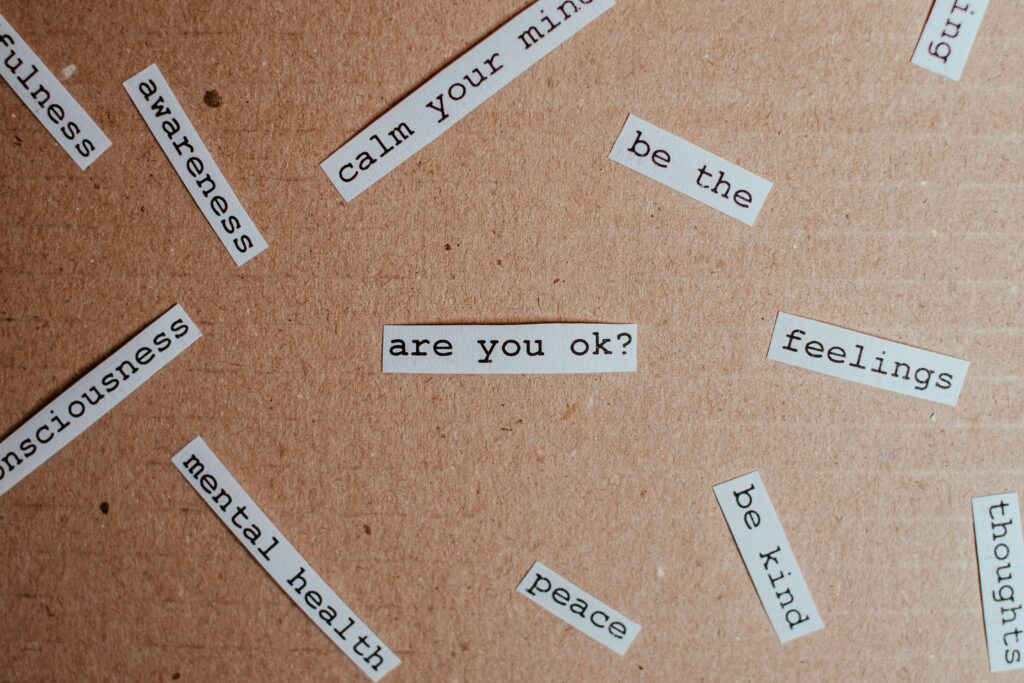
Author: Ivana Vranješ
Every sixth citizen of the European Union (EU) has mental health problems. As many as 50% of mental health problems in Croatia begin before the age of 14, and 75% before the age of 18. During the coronavirus pandemic and after the earthquake in Zagreb and Petrinja, mental health problems are even more pronounced.
People from public life shared their experiences in preserving mental health: photographer Duška Stepanov, actor and host Miro Čabraja, journalist and host of HRT Antonija Ćosić, and singers Stela Rade and Natalie Balmix. The students of Vrapče Nursing School, Vinogradska Nursing School, and Vinogradska Midwifery School contributed to the constructive discussion about mental health.
Ivana Portolan-Pajić, Head of the Sector for Primary Health Care and Health Tourism of the Ministry of Health, who is also the head of the “Program for Strengthening Mental Health”, pointed out that the Ministry of Health has taken a number of reform steps to strengthen and improve mental health. All the steps taken so far are by the guidelines of the World Health Organization and the European Union: “It is important to point out that the Ministry of Health has initiated a special reform measure, i.e. after 30 years, psychologists are once again employed in health centers and the necessary health care is provided without a referral”, Portolan-Pajić points out. Through the formation of dispensaries and mobile teams at the level of health centers, three main EU principles in the field of mental health are followed: adequate and effective prevention, access to high-quality and affordable health care and treatment in the field of mental health, and reintegration into society after recovery. In cooperation with the Ministry of Science and Education, mobile teams are being established to take care of the mental health of pupils and students.
Mirjana Kujundžić-Tiljak, director of the School of Public Health “Dr. Andrija Štampar” said that the School adheres to the vision of Dr. Andrija Štampar, i.e. that disease must be prevented, that health must be improved and preserved, and that mental health is the most important part of health. She warned that the pilot project of the county public health institutes showed that about 10% of young people are at risk of developing some mental health problems. She believes that it is important to use social networks to promote health and educate people on how to live better.
Danijela Štimac-Grbić, head of the Mental Health and Addiction Prevention Department of the HZJZ, pointed out the importance of psychological teams that must be available to the most vulnerable groups. She emphasized that it is necessary to strengthen the mental health potential of young people because the first signs of risk for mental disorders and mental disorders appear in the younger population.
Empowerment is related to the strengthening of social and emotional competencies, which are the way we communicate, solve problems, and the way we stand up for ourselves, while not offending other people and not entering into conflicts with them. Empathy is particularly important for strengthening emotional competence and must be developed from the earliest years of a child’s life. Empathy is developed through volunteering as well as helping peers. Peer support is important because young people know what problems are bothering them and how they can be helped.
Aleksandra Klobučar, a psychiatrist at the Zagreb Clinic for Children’s Diseases, pointed out that recognizing and understanding emotions is an important part of a person’s growth. He claims that if a person recognizes his emotions well, it will be easier to communicate with other people, because they will understand them better, the person will be stronger in terms of social contacts, and this will enable the person to better deal with various problems and stress.
Darko Marčinko, a psychiatrist at KBC Zagreb, warns that in the 21st century, there is an era of individualism and that individualism and the desire to achieve good results has a positive dimension, but it can easily turn into unhealthy competitiveness. Research has shown that in today’s Western civilization, there is an increase in pathological narcissistic behavior in various forms.
According to the World Health Organization, the new psychological epidemics are obesity, narcissism, and loneliness. Today, chronic stress is on the rise, which is worse than acute stress, because it carries uncertainty and a lack of control. All the participants of the panel agreed that nowadays it is extremely important to take care of mental health and to seek the help of both close people and professionals to solve a problem.
Cover photo: Pexels by Vie Studio